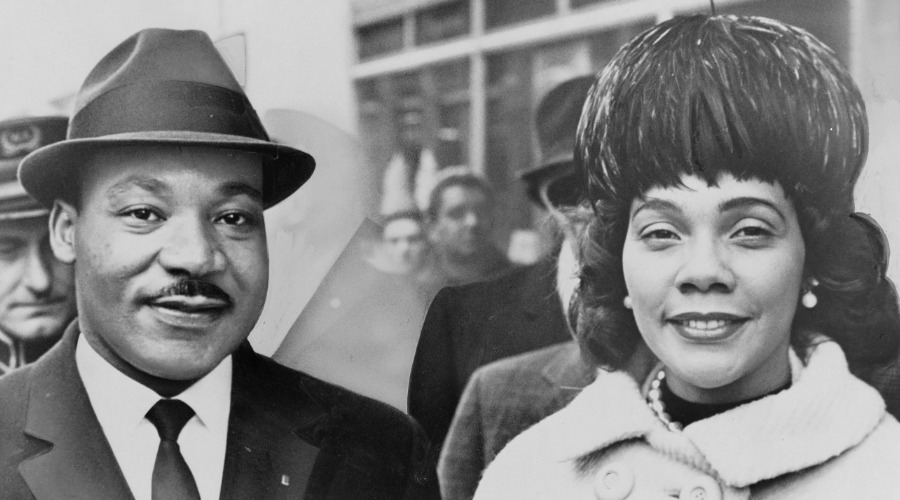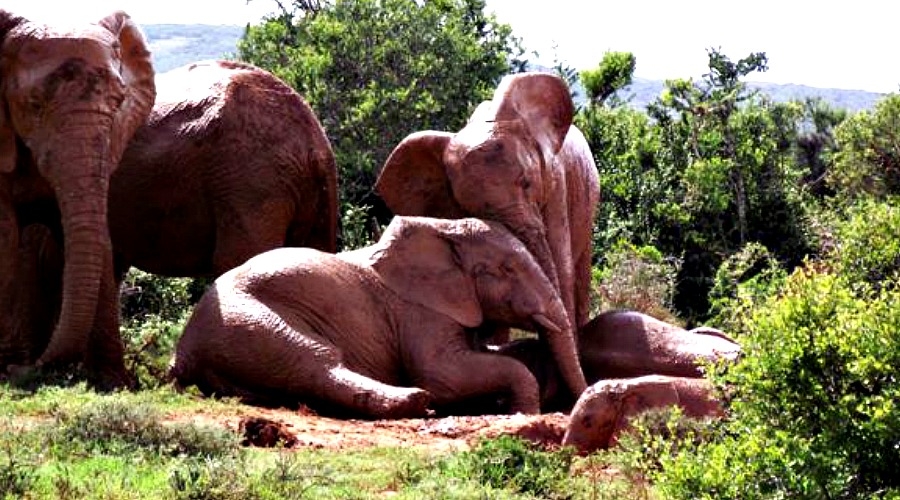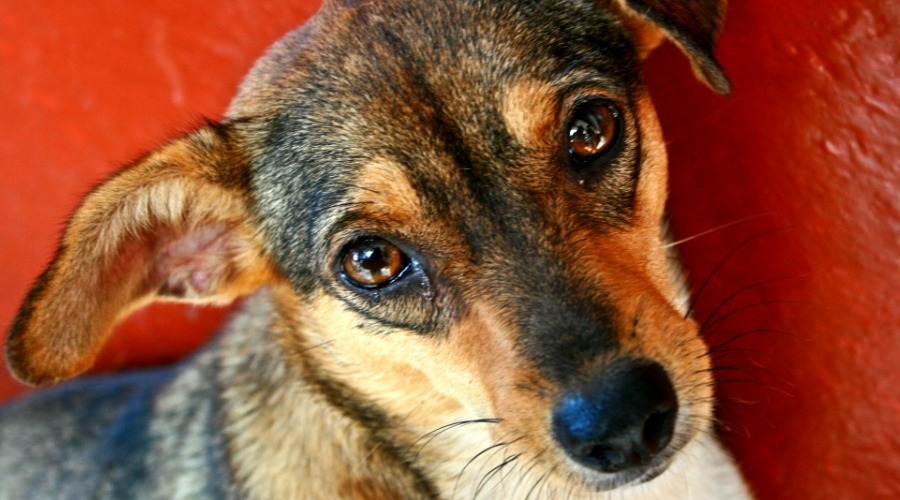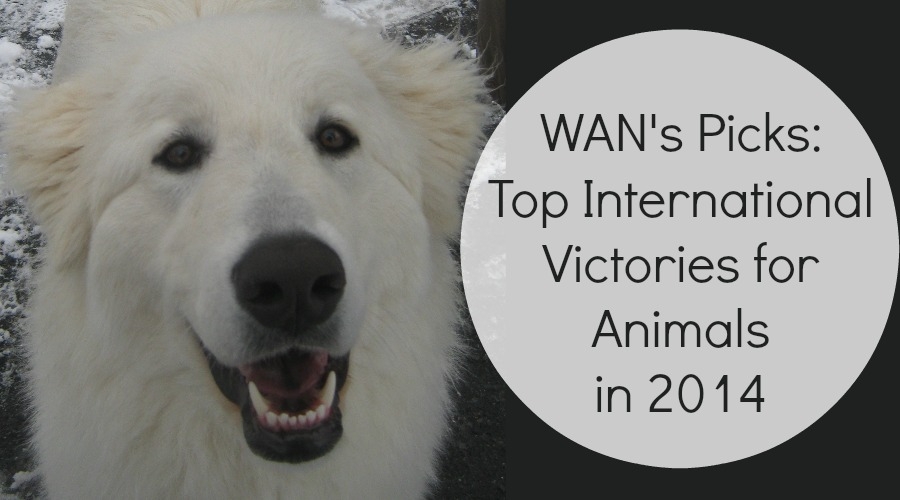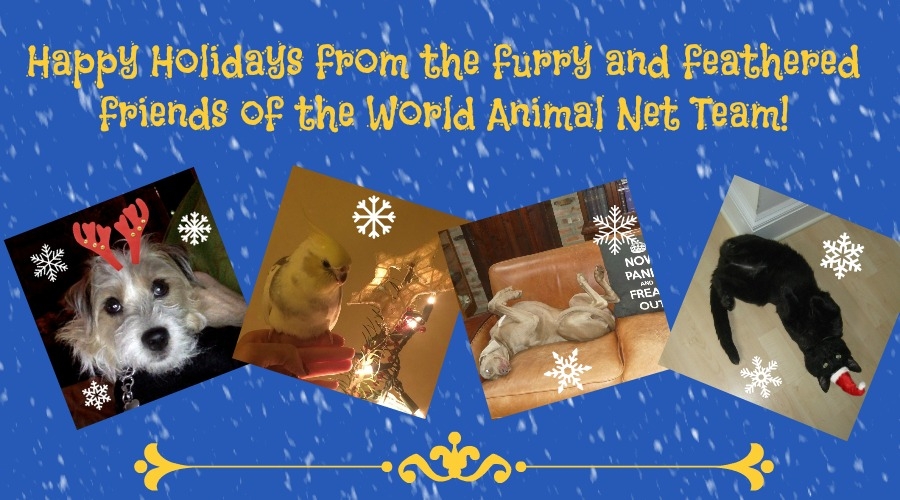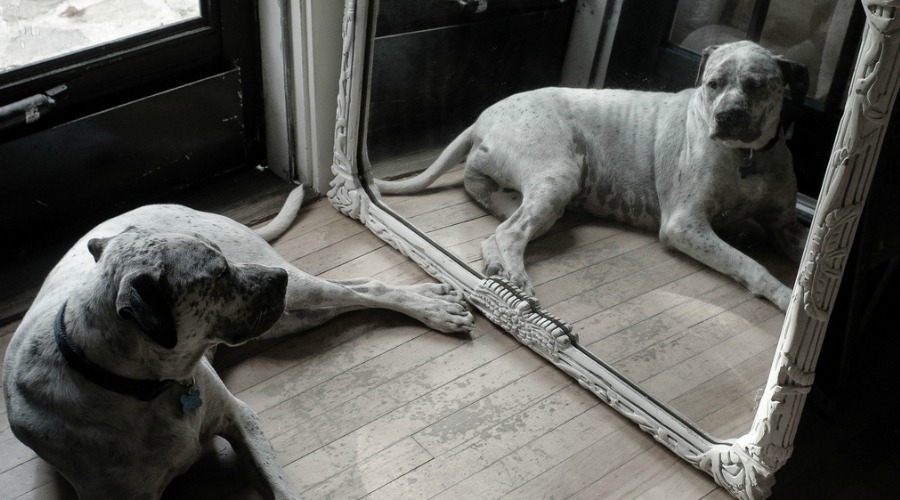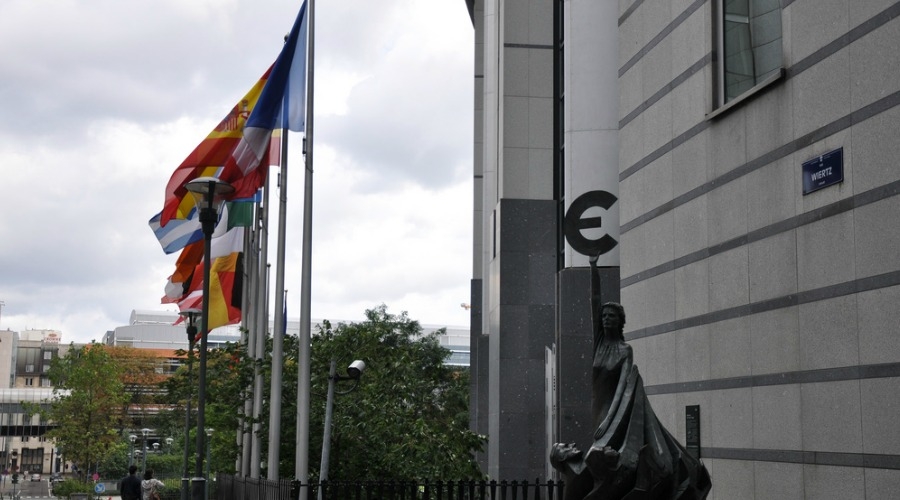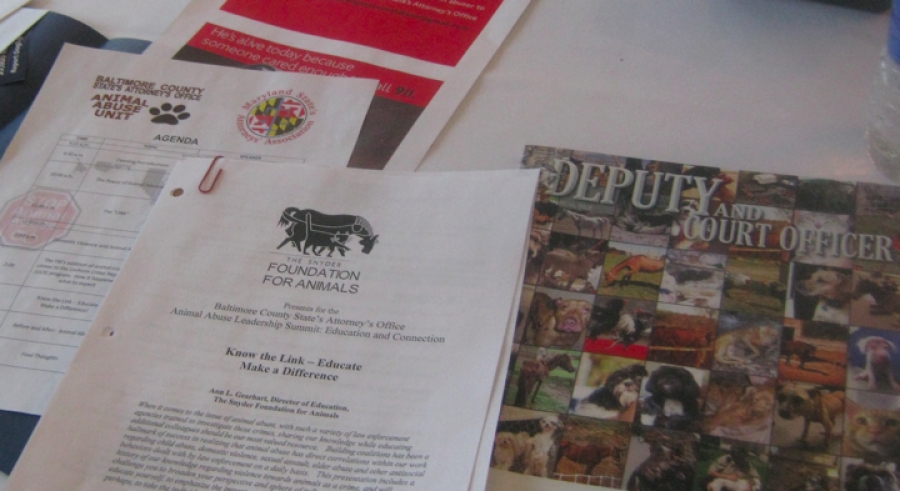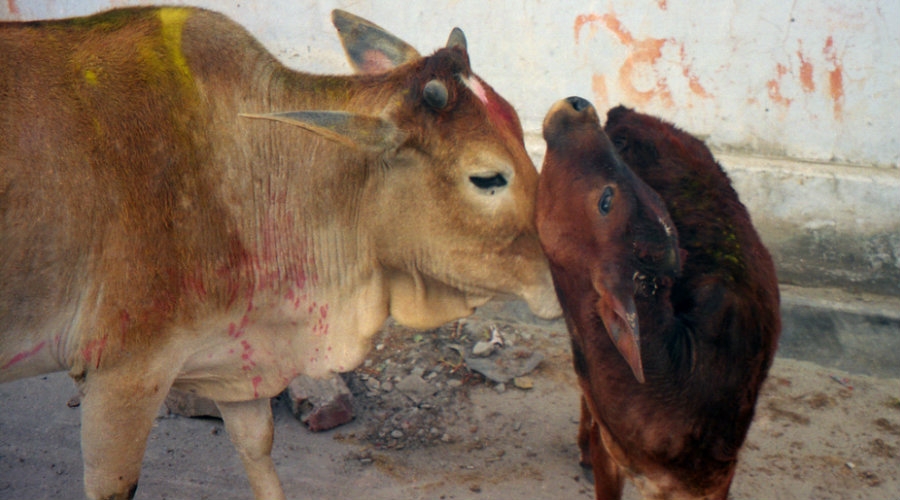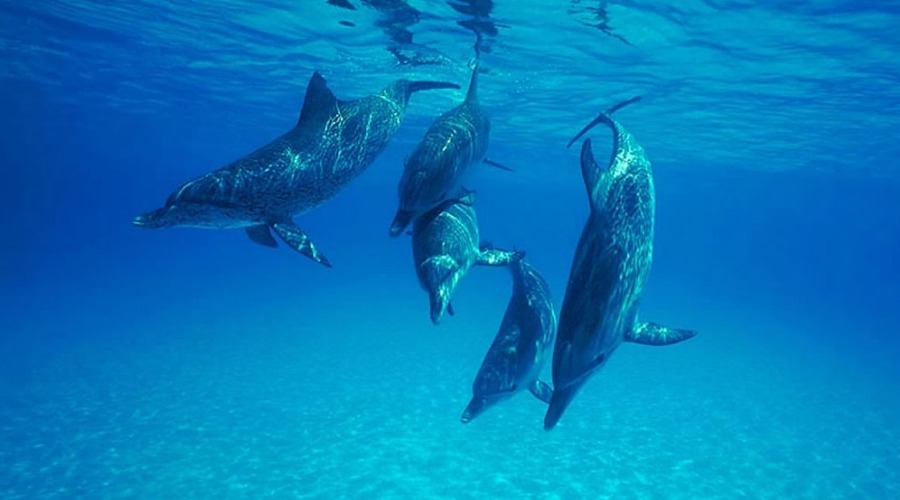
Martin Luther King Jr. Day is the day to celebrate the life and achievements of this great man.
Martin Luther King was a leader in the movement for racial equality in the United States. He was also an advocate of non-violent protest, and became the youngest man to be awarded the Nobel Peace Prize.
What Do Elephants, Rats, and Ravens Have in Common? Empathy.
Written by Jessica BridgersWe are all familiar with the feeling of empathy. We feel sad when our friends and family are sad, and we share their happiness when they are happy. But is empathy a trait unique to humans?
World Animal Net Releases World Constitutions Chart on Animal Protection
Written by Akisha Townsend EatonFor more than a decade, World Animal Net’s Constitution Project has aimed to promote the inclusion of animal protection in the world’s constitutions. We are pleased to release an updated and improved constitutions section on our website which includes a new and extensive listing of constitutional provisions impacting animals. It is our hope that this resource will be of use to organizations and scholars in their work to advocate for and analyze constitutional provisions impacting animals.
Top International Victories for Animals in 2014
Written by Akisha Townsend EatonAs 2014 comes to a close, we at WAN recognize that there is much work to do to make the world a better place for animals in 2015 and beyond – see our Twelve Wishes for 2015. At the same time we are thrilled to celebrate tremendous victories for animals in all corners of the globe. Many of these victories came about after the tireless efforts of the animal protection community that we are dedicated to serving. Our top picks are below:
WAN's Twelve Wishes for Animals for 2015
Jessica Bridgers, Akisha Townsend, and Janice Cox2014 has been a busy year for WAN as we continue to develop our resources for the animal protection community and ramp up our advocacy with the UN and OIE. As the holiday season is rapidly approaching and 2014 coming to a close, we know that animal advocates worldwide are well-aware that there is still much work to be done. Therefore, we are happy to present WAN’s Twelve Wishes for Animals in 2015!
Smoke and Mirrors: Three Things You Should Know About the Mirror Self-Recognition Test
Written by Jessica BridgersAs a species, humans like to draw lines and we like concrete categories that help us navigate the world around us. We see animals no differently. We like to draw categories which help us determine what our responsibility to the animal in question is, and often the less these categories impinge on preexisting uses and perceptions, the more likely they are to be accepted.
International Policy and Animal Welfare: The Evolution of Opportunity
Written by Janice CoxI joined the animal protection movement a quarter of a century ago, moving from a government policy position to join the World Society for the Protection of Animals (WSPA) – now World Animal Protection – as its Regional Director for Europe. I arrived with my ‘rose-tinted glasses’ firmly in place; full of longing to work for a cause that really mattered to me.
Getting All Hands on Deck to Prevent Crimes Against Animals: Synopsis of the 3rd Annual Animal Abuse Summit in Maryland
Written by Akisha Townsend EatonIt’s always inspiring to see professionals from a variety of fields coming together to achieve positive results for animals. That’s why I was more than enthused to attend the 3rd Annual Animal Abuse Summit in my community.
Advocacy Spotlight: Federation of Indian Animal Protection Organisations (FIAPO)
Jessica BridgersThis week WAN is highlighting the work of the Federation of Indian Animal Protection Organisations (FIAPO), an organization working on the ground in India to organize and empower the country’s animal protection movement through advocacy, capacity building, and networking. FIAPO’s Director of Programmes, Varda Mehrotra, was kind enough to take the time to answer our questions.
The Science behind the UN's Recognition of Culture in Cetaceans
Jessica BridgersOn Sunday, November 9, after 6 days of deliberation, the United Nations has moved to protect a number of species under the Conservation of Migratory Species (CMS) international treaty. Notably, the UN also officially recognized the existence and importance of culture in cetaceans, which includes whales, dolphins and porpoises, by adopting a resolution to include cultural considerations when planning cetacean conservation measures. This decision will also create a scientific advisory group to look at the issue more closely.

